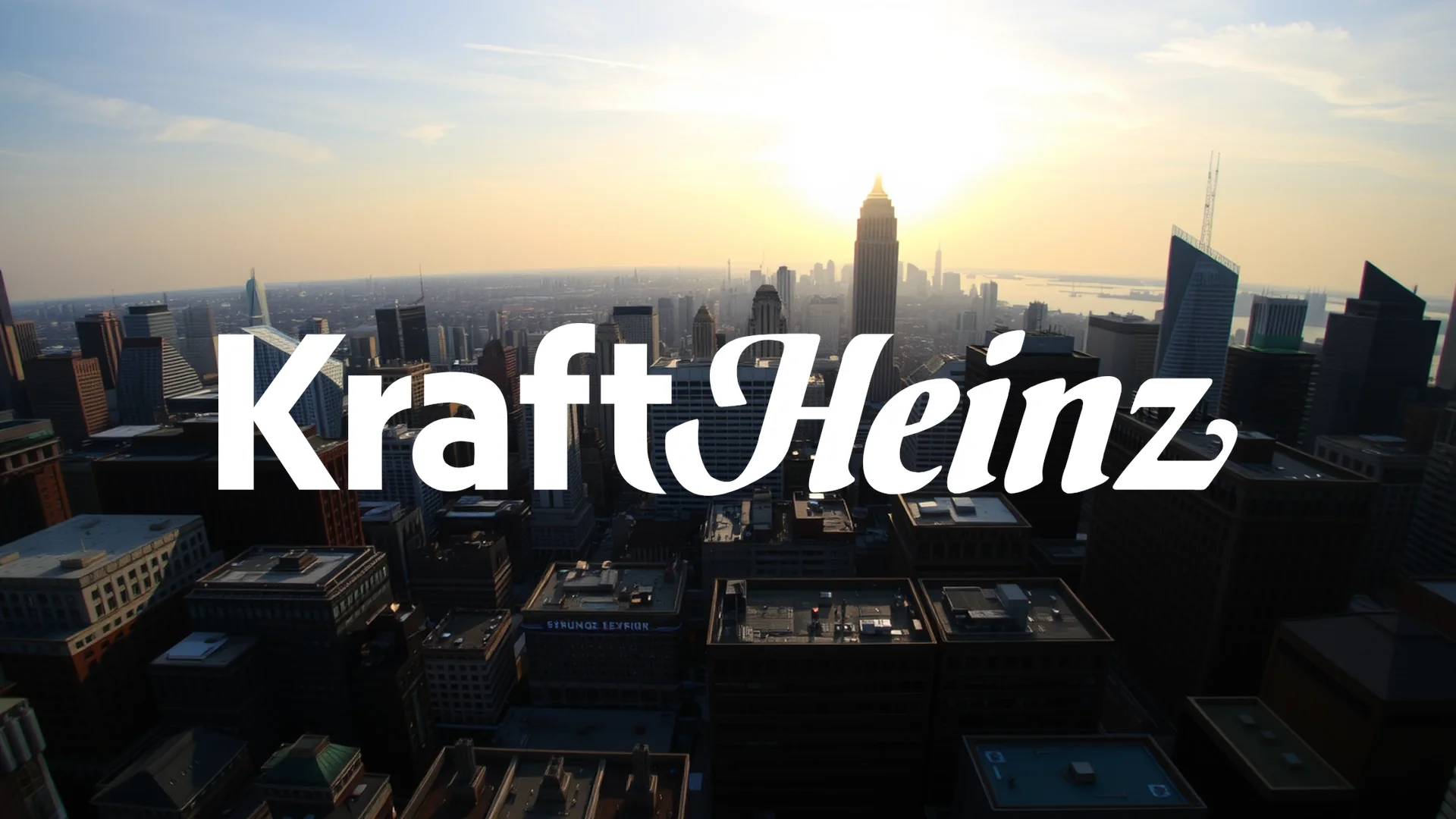Warren Buffett’s ambitious 2015 plan to create a dominant global food giant through the merger of Kraft and Heinz is being dramatically reversed. A decade after the landmark deal, the company has announced it will split into two separate publicly traded entities, marking a stunning strategic retreat that has drawn rare public criticism from the famed investor himself.
Rare Public Rebuke from Omaha
The September 2nd separation announcement triggered more than a 7% stock decline—it prompted an unusual public expression of disappointment from Warren Buffett. As chairman of Berkshire Hathaway, Kraft Heinz’s largest shareholder, Buffett characterized the decision to CNBC as a step backward from the strategic vision he originally championed. Such open disapproval of a portfolio company’s direction is highly uncharacteristic of the investor and underscores the significance of this strategic reversal.
The Coming Split: A Tale of Two Companies
By the second half of 2026, Kraft Heinz intends to complete its separation into two distinct businesses. The first, tentatively named “Global Taste Elevation Co.,” will house the faster-growing brands, including Heinz Ketchup, Philadelphia cream cheese, and Kraft Mac & Cheese. The second entity, “North American Grocery Co.,” will take ownership of the more stagnant supermarket staples such as Oscar Mayer meats, Kraft Singles, and Lunchables.
Current CEO Carlos Abrams-Rivera is slated to lead the North American grocery business post-separation. The company is conducting a search for a new chief executive to helm the condiments and sauces division.
Shifting Consumer Tastes Drive the Divide
This corporate breakup reflects the immense pressure facing legacy food manufacturers as consumer preferences evolve. A growing shift away from heavily processed items toward healthier alternatives is reshaping the industry. This trend has been further amplified by Health Secretary Robert F. Kennedy Jr.’s “Make America Healthy Again” initiative, which specifically targets products containing artificial additives.
Should investors sell immediately? Or is it worth buying Kraft Heinz?
CEO Miguel Patricio justified the separation by pointing to the constraints of the current conglomerate structure, stating that the complexity makes it “difficult to allocate capital effectively, prioritize initiatives, and achieve scale in our most promising areas.”
Financial Performance Highlights the Challenge
The company’s mixed second-quarter 2025 results illustrate these underlying pressures. While Kraft Heinz posted earnings per share of $0.69, exceeding analyst expectations, net revenues declined by 1.9% to $6.4 billion. More concerning to market observers: fourteen analyst firms have subsequently revised their earnings estimates downward, with thirteen of fifteen experts already cutting their projections for the third quarter.
This move places Kraft Heinz within a broader industry pattern. Keurig Dr Pepper announced a similar separation in August, while Kellogg executed the spin-off of its snack business Kellanova in 2023, which was later acquired by Mars.
Whether this radical restructuring will successfully reposition Kraft Heinz will become apparent over the next eighteen months. The outcome will ultimately determine whether Buffett’s original vision for the company was merely delayed or has definitively failed.
Ad
Kraft Heinz Stock: Buy or Sell?! New Kraft Heinz Analysis from February 7 delivers the answer:
The latest Kraft Heinz figures speak for themselves: Urgent action needed for Kraft Heinz investors. Is it worth buying or should you sell? Find out what to do now in the current free analysis from February 7.
Kraft Heinz: Buy or sell? Read more here...












